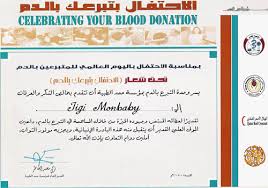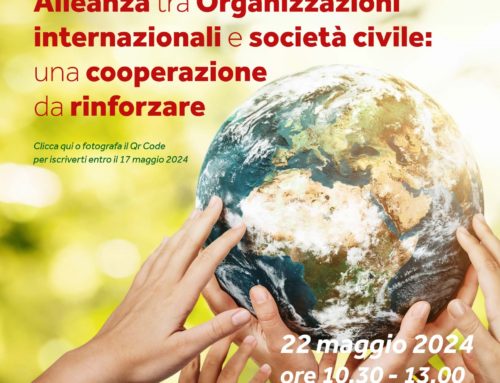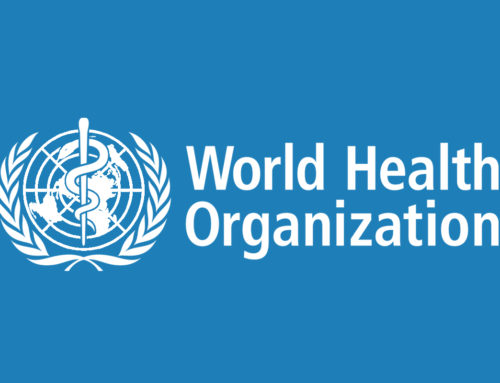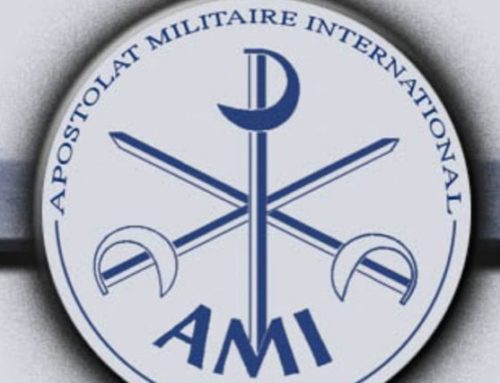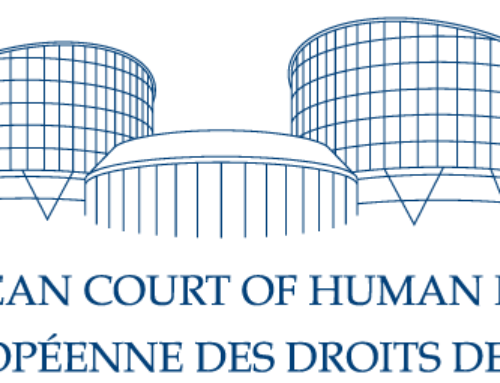WHO calls for increase in voluntary blood donors to save millions of lives
News release
11 JUNE 2015 | GENEVA – On World Blood Donor Day, 14 June, the WHO is calling for increased regular blood donations from voluntary, unpaid donors in order to save millions of lives globally each year.
The theme of this year’s campaign is “Thank you for saving my life”. It encourages donors all over the world to donate blood voluntarily and regularly with the slogan “Give freely, give often. Blood donation matters.”
“The best way to guarantee a safe and adequate supply of blood and blood products for transfusion is to have a good supply of regular donations by voluntary unpaid blood donors,” says Dr Margaret Chan, WHO Director-General. “WHO encourages all Member States to obtain all their blood supplies from such donors.”
Transfusion of blood and blood products help patients suffering from life-threatening conditions to live longer and maintain a higher quality of life, and it supports complex medical and surgical procedures. Transfusion has an essential, life-saving role in maternal and child care and during man-made and natural disasters, such as the recent earthquakes in Nepal.
Severe bleeding during pregnancy, delivery or after childbirth is the single biggest cause of maternal death. Of the 289 000 women who died in childbirth in 2013 due to complications in pregnancy and childbirth, 27% were due to severe bleeding.
An increase in blood donations needed
The need for blood and blood products is increasing every year and in many countries – particularly low and middle income countries – demand exceeds supply, and blood services find it hard to make sufficient blood available, while also ensuring its quality and safety.
In 2012, nearly 108 million blood donations were collected worldwide. Almost half of these were collected in high-income countries, home to just 15% of the world’s population.
WHO estimates that a minimum of 10 donations of blood per 1000 population indicates there is general availability of blood in a country for transfusion. Yet, in the Organization’s most recent survey on blood safety and availability, 75 countries reported collecting fewer donations than this.
The percentage of blood donations from voluntary unpaid donors has been increasing over the last decade and 73 of the world’s countries now collect over 90% of their blood supply from such donors. However, more progress is needed, with 72 countries (8 high-income countries, 48 middle-income countries and 16 low-income countries) still collecting more than 50% of their blood supply from paid donors or replacement donors, which affects safety and adequate supply of blood and blood products. Replacement donors are often family members or friends who replenish blood used from a blood bank by a particular patient.
Regular voluntary unpaid donors the safest source
“Blood collection from voluntary, unpaid donors, whose blood is screened for infections, is the cornerstone of a safe and sufficient blood supply in all countries,” says Dr Hernan Montenegro, Coordinator for Services Organization and Clinical Interventions Unit in the Department of Service Delivery and Safety at WHO. “More voluntary blood donors are needed to meet the increasing needs and to improve access to this life-saving therapy.”
A World Health Assembly resolution adopted in 2010 highlights that a secure supply of safe blood components, based on voluntary, unpaid blood donation, is an important national goal to prevent blood shortages.
Improving safety and accessibility of blood and blood products
“Safe blood transfusion is one of the key life-saving interventions that should be available for patients in need,” says Dr Edward Kelley, Director of Service Delivery and Safety at WHO. “Yet, equitable access to safe blood still remains a major challenge in many countries. Providing safe and adequate supplies of blood and blood products should be an essential part of every country’s national health care policy and infrastructure.”
The Organization provides policy guidance and technical assistance to support countries in developing national blood systems based on voluntary unpaid blood donations, and implementing quality systems to ensure that safe and quality blood and blood products are available and used appropriately for all people who need them.
Global event in Shanghai
This year, the host country for World Blood Donor Day global event is China. The global event will take place on 14 June at the Shanghai Blood Centre, which is also the WHO Collaborating Centre for Blood Transfusion Services in China.
……………………..
http://www.vatican.va/archive/ccc_css/archive/catechism/p3s2c2a5.htm

